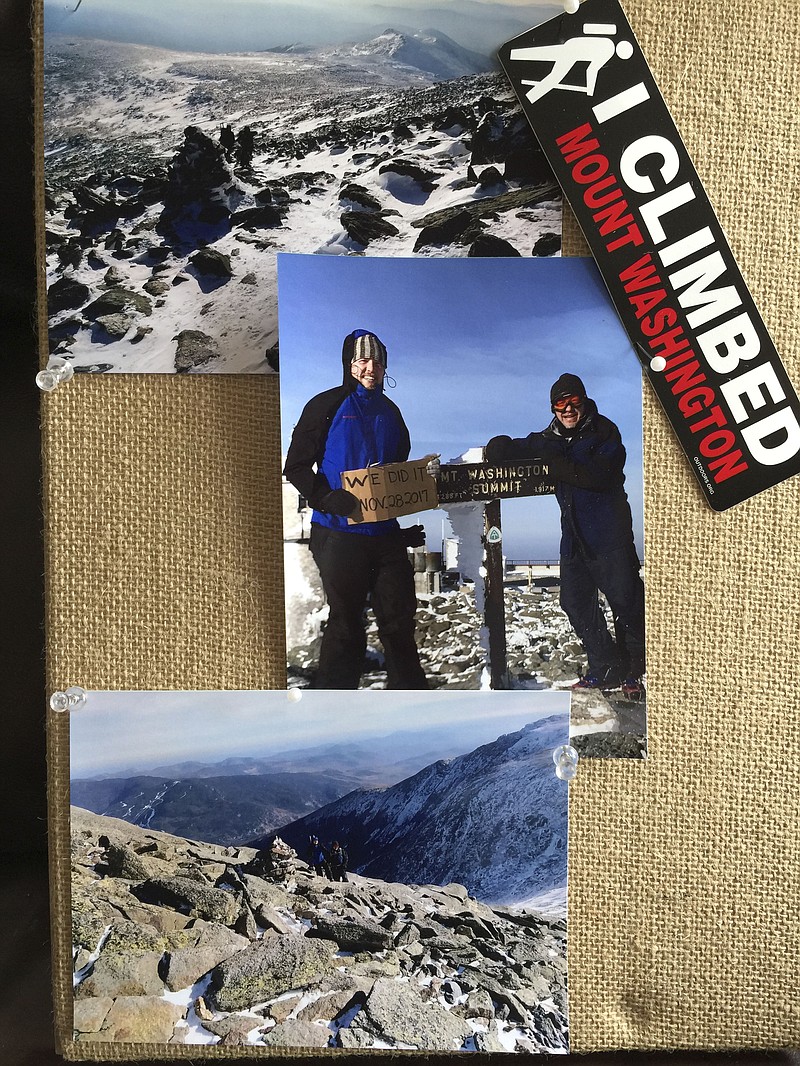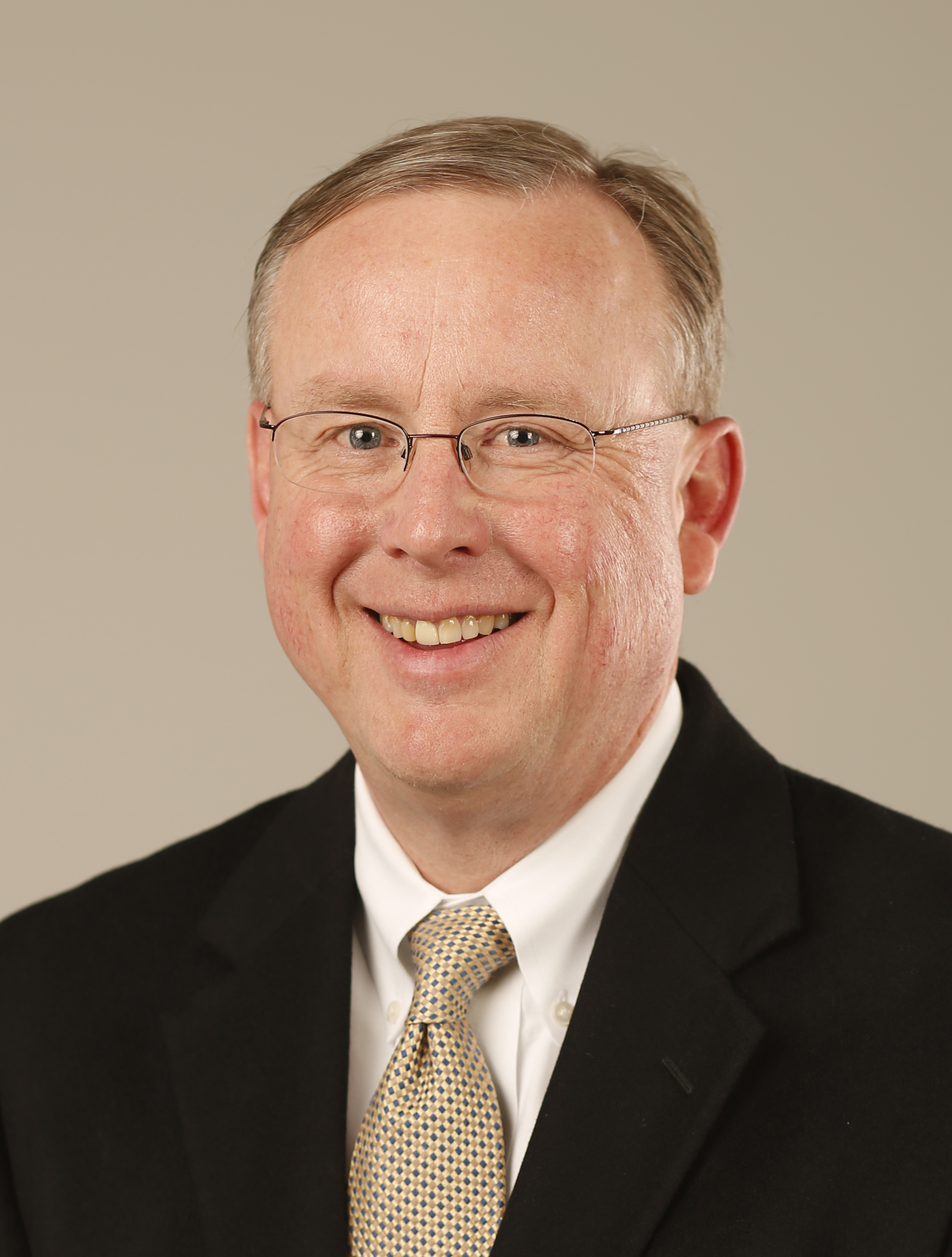Peter McFarlane, 73, of Signal Mountain, can barely suppress a smile.
Two years ago, McFarlane, a hotel owner and New Hampshire transplant, had a near-death encounter so horrific that much of what has happened since has seemed like cake. Now alive and well, McFarlane finds himself in a permanent state of gratitude that borders on giddiness.
"It was profound," McFarlane said of the experience. "It was way over the top. I felt like I really should be dead."
In January 2017, McFarlane and his wife Nancy were finishing up one of their twice-weekly workouts at the Mountain Arts Community Center near their home on Signal Mountain when Peter started to feel light-headed. He grabbed the back of a chair for support but soon felt himself collapsing to the floor, as if pushed down by an unseen hand.
"I felt a little bit dizzy," he recalled. "I was looking for a place to sit. I think I went down on one knee."
After that, things soon faded to black.
Meanwhile, Nancy said, it was clear that McFarlane was gravely ill and an ambulance was called.
On the way to Erlanger hospital, Peter McFarlane's heart flat-lined four times. Each time EMTs used a defibrillator to jolt his heart and restore a heartbeat. Even after he arrived at the ER, he needed two more life-saving interventions before surgeons began emergency open-heart surgery to clear four major heart blockages.
McFarlane had no known history of heart disease, but his cardiac arrest was of a kind sometimes called a "widowmaker" because it is so often fatal. Doctors would later say his heart was working at only about 15 percent efficiency at the time of his surgery.
Nearly all the health professionals who touched McFarlane that day in 2017 have circled back to say his recovery is "a miracle." Months after the heart attack, he encountered one of the EMTs who had been with him in the ambulance. The two men hugged and wept, said Nancy. On the way to the hospital, the ambulance worker had whispered words of encouragement - "Just hang in there, buddy" - Nancy said.
While he was at Erlanger for nine days, McFarlane had crazy, vivid dreams. He woke up six days after his heart attack feeling weak and depleted, he said. When he was finally released to go home, he was encouraged to walk every day. But even walking 20 yards to the mailbox in front of his house was a chore, he remembers. He lost about 20 pounds in the days after the surgery.
Slowly, though, he began to recover, and within weeks he was doing cardiac rehab at a facility in downtown Chattanooga.
During his recovery, the youngest of McFarlane's three sons, Matthew McFarlane, proposed a father-son bonding experience - maybe a ski trip to the Rocky Mountains or a deep-sea fishing excursion.
"I think he thought I was going to die again," Peter McFarlane said.
The two finally decided to climb Mount Washington in New Hampshire, at 6,288 feet the highest peak in the northeastern United States. Wind gusts on top of the mountain have been clocked at more than 200 miles per hour. The climb was scheduled for November 2017, about 10 months after the elder McFarlane's heart attack.
Peter McFarlane said he trained hard for the climb, which ended up taking about 10 hours, start to finish. There were some perilous moments, he said, including an episode in a snow-covered field when he was almost pushed backward off a rock by the howling wind. Fortunately, Matthew was there to shove his father forward.
At that point, Peter said, he thought, "It's entirely possible I won't be able to make it out by myself."
Once they made it to the summit of Mount Washington, though, father and son stayed only about seven minutes because they feared not having time to make it down the mountain by dark.
View other columns by Mark Kennedy
As difficult as it was, the climb was emblematic of his newfound energy and resolve, McFarlane said.
"What this showed me is that anything is possible," he said.
Instead of depression - the bane of open-heart surgery patients - McFarlane has to temper his exuberance. Just waking up every morning makes him happy.
"I thought that two years after the heart attack, maybe the gratitude would wear away - that being so thankful for being alive would wear thin," he said.
But it hasn't.
"What this has showed me is that anything is possible," said the Signal Mountain grandfather. "You never really know what God can do until he does it."
Contact Mark Kennedy at mkennedy@timesfreepress.com or 423-757-6645.

